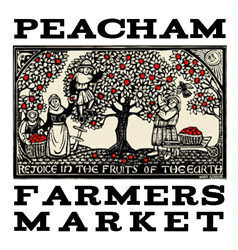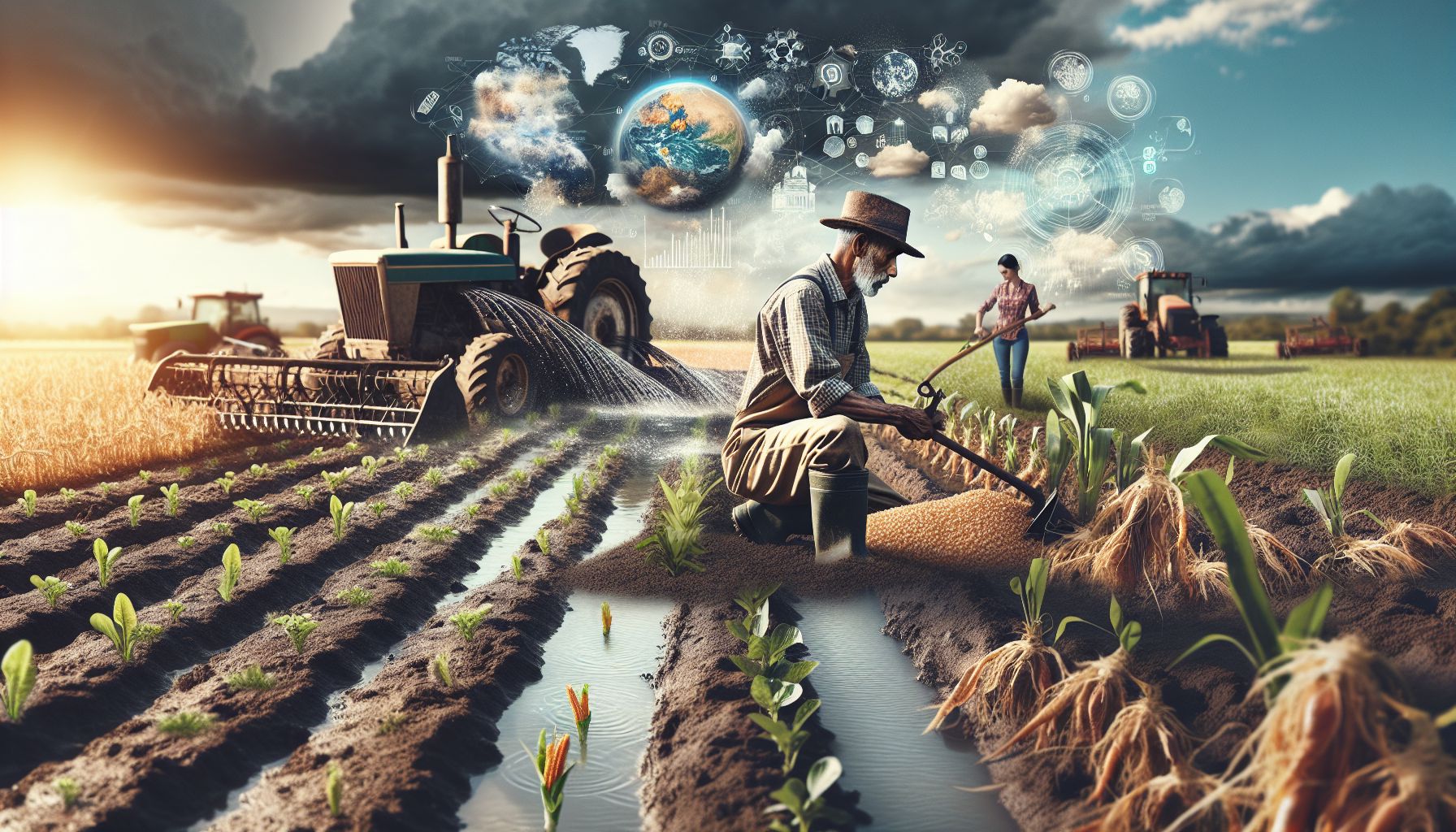Farming has been the cornerstone of human civilization for thousands of years, shaping economies and ecosystems. Despite its vital role, modern farming faces numerous challenges, from issues of sustainability to the impact on the environment. In this post, we will delve into the current state of farming, exploring the latest trends in sustainable agriculture, examining the challenges faced by today’s farmers, and evaluating the impact of farming on the environment.
Sustainable agriculture is a growing trend in recent years as consumers demand responsibly produced goods. This type of farming involves creating viable and resilient food systems while protecting the land and environment. Sustainable farming practices vary, but they typically include the use of renewable resources, reducing the use of pesticides and artificial fertilizers, and practicing crop rotations.
One of the key aspects of sustainable agriculture is the use of technology. Advancements in farming technology have revolutionized the industry and enabled farmers to be more efficient and eco-friendly. From drones and satellite imaging to soil sensors and precision farming tools, technology has transformed the way farms operate. These advancements allow farmers to monitor soil moisture, identify and address crop diseases, and reduce waste, resulting in higher yields and less resource consumption.
While the latest farming trends focus on sustainability, modern farmers still face significant challenges. One of the main issues is the increasing cost of farming. As land and input costs continue to rise, small-scale and family farms struggle to remain profitable. Additionally, competition from industrialized farms puts pressure on smaller operations to keep up with production and efficiency standards. This conglomeration of farms has also led to a loss of biodiversity and genetic diversity and an increased reliance on monoculture crops.
Moreover, climate change has become an ever-growing challenge for farmers worldwide. Rising temperatures, irregular weather patterns, and extreme weather events have disrupted crop growth and influenced pests and diseases. These factors have a direct impact on food production and can result in crop failures and significant economic losses for farmers.
The impact of farming on the environment is a complex issue that requires careful consideration. On one hand, farming is essential for producing food and sustaining economies. On the other hand, conventional farming practices, such as monoculture crops and the use of chemicals, have a significant impact on the environment. The widespread use of pesticides and fertilizers can lead to water and soil pollution, harming biodiversity and human health. Additionally, livestock farming accounts for a significant portion of greenhouse gas emissions, contributing to climate change.
So, what can be done to address these challenges and mitigate the impact of farming on the environment? The good news is that many initiatives are already underway. Sustainable farming practices, as mentioned earlier, play a crucial role in reducing the environmental impact of agriculture. Governments and organizations are also providing support to small-scale and family farms, promoting a diverse range of crops, and investing in organic and regenerative farming methods.
In conclusion, farming is an essential aspect of our daily lives, shaping economies and ecosystems. While modern times have brought numerous challenges for farmers, it is heartening to see the focus on sustainable agriculture and the use of technology to address these issues. We must continue to support and promote environmentally-friendly farming practices to ensure a sustainable future for all. As consumers, we can also make a difference by choosing to support local and sustainable farms and being mindful of our food choices. Together, we can shape the future of farming for the betterment of our planet and future generations.

